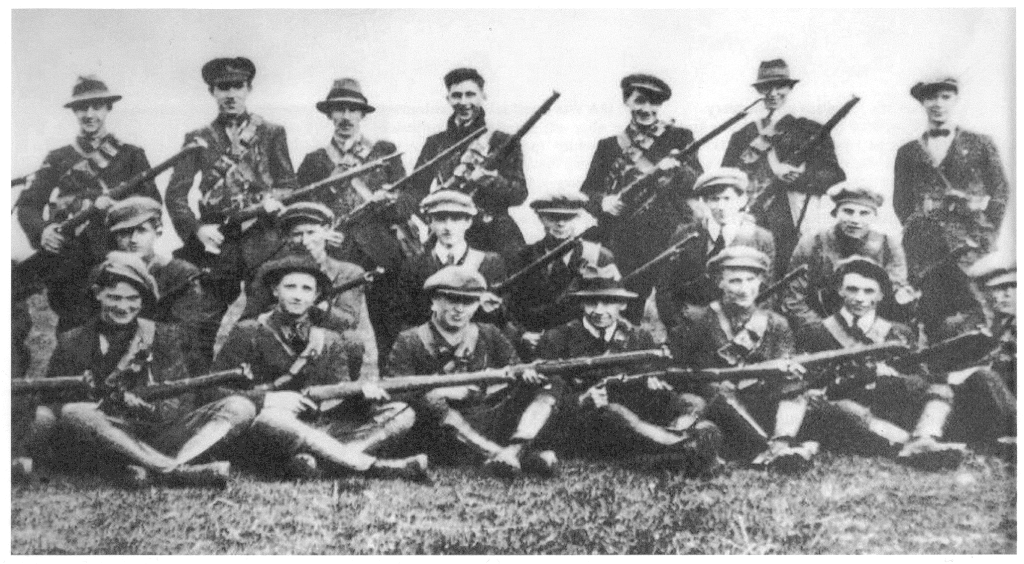November 21, 1920, became known as “Bloody Sunday” in Dublin, a day of violence that profoundly impacted the Irish War of Independence. Early that morning, the Irish Republican Army (IRA), under the command of Michael Collins, executed an attack targeting members of the British intelligence network known as the “Cairo Gang.” In a coordinated strike, 14 British intelligence officers and informants were killed in their homes across Dublin. This event aimed to dismantle British surveillance efforts that had been tracking the IRA’s movements and foiling their plans.
Later that afternoon, British auxiliary forces responded by raiding Croke Park Stadium, where thousands had gathered to watch a Gaelic football match. They opened fire on the crowd, resulting in the deaths of 14 civilians and injuring scores of others. The tragedy underscored the growing brutality of the conflict and intensified public support for the Irish independence movement, garnering international attention and sympathy.
Fun Facts:
- Michael Collins’ Intelligence Strategy: Collins, the head of the IRA’s intelligence network, meticulously planned the attacks on the Cairo Gang. His strategy was to disable British intelligence by striking at its core members.
- Unprecedented Violence: The day’s events marked one of the bloodiest episodes in Dublin during the war. The combination of the targeted assassinations and the Croke Park massacre highlighted the escalating tension and desperation on both sides.
- Impact on Public Opinion: The violence at Croke Park sparked outrage in Ireland and abroad, turning more Irish citizens and international observers against British rule in Ireland.
- British Intelligence Setback: The loss of crucial intelligence officers severely hampered the British military’s operations in Ireland, giving the IRA a critical advantage.
- A Turning Point in the War: “Bloody Sunday” is often seen as a turning point that galvanized Irish resistance, leading ultimately to the Anglo-Irish Treaty in 1921, which paved the way for Irish independence.

